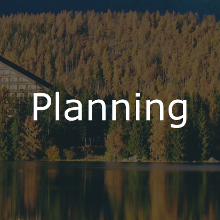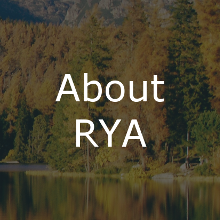Do I Need an Emergency Fund?
Not only do you need an emergency fund, but it is one of the most critical pieces of any good financial plan and is absolutely crucial to your plan's success. When you are in the process of getting your finances together, creating your budget and building your emergency fund are the very first steps that you should take.
An emergency fund is a cash reserve that gives you quick access to funds in the event of unexpected expenses. In reality, while the expenses may seem unexpected in the moment, life is full of unexpected expenses that happen regularly, and you need to plan for these so that you’re not caught off guard when, not if, they occur.
This cash reserve should contain enough money to cover somewhere between 3 to 6 months of your total expenses, and needs to be saved in a place where you can quickly access it without fear of penalties or excessive taxes. You can certainly invest at least some of this money, but it should be invested conservatively so that you won't have to incur significant losses to get access to your money.
The reason you need an emergency fund is that it alone has the power to keep you out of credit card debt. If you don’t maintain enough of a buffer to absorb those unexpected expenses, inevitably you will start to build up debt. We see it all of the time. The choice is up to you: either save up an emergency fund or take on debt. Choose the emergency fund, and set it up before you move forward with anything else in your financial plan.
Steve Marbert is a CFP® and the President of Richard Young Associates, and is a Dave Ramsey SmartVestor Pro. Want to learn more about him and our other advisors? Find out more here.







